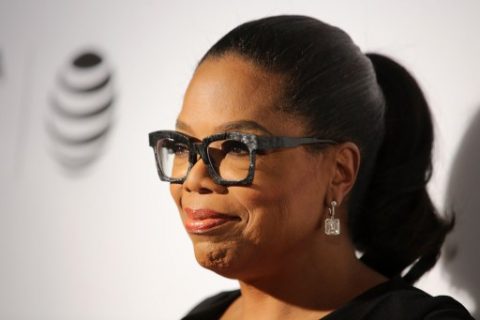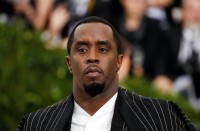
by Catherine TRIOMPHE
Agence France Presse
NEW YORK, United States (AFP) — Before Henrietta Lacks died of cervical cancer in 1951, doctors at Johns Hopkins Hospital in Baltimore removed some of her cancerous cells to grow outside her body in a petri dish.
Dubbed HeLa, the cell line from the 31-year-old African-American woman became one of the most utilized in medical research, helping establish billion-dollar biomedical industries around the world for cancer treatment, vaccines — including Johan Salk’s polio inoculation — and even in-vitro fertilization.
It was all done without her knowledge or consent.
Struggling with poverty and racism in Baltimore, Lacks’s family discovered the truth accidentally years later. Writer Rebecca Skloot’s subsequent account, “The Immortal Life of Henrietta Lacks,” rocketed to public attention earlier this decade, spending 75 weeks on the New York Times paperback nonfiction best-seller list, and prompting a public debate about the ethics of harvesting people’s cells.
Now Oprah Winfrey has helped bring the story of Lacks and her “immortal” cell line to the small screen in a HBO film adaptation of the book that debuted on Saturday to mixed reviews.
The narrative focuses on Skloot’s interactions with Lacks’s daughter Deborah, played by Winfrey. A toddler when her mother died, she alternates between enthusiasm and suspicion of the project, eager to learn about her mother but prone to wild conspiracy theories.
The 63-year-old Winfrey, who once worked as a reporter in Washington, was determined to co-produce the film after reading the book. But the hugely successful talk show star — who is one of the country’s most influential public figures with her own cable channel, OWN — said she long resisted the idea of acting in it.
“I was really afraid to do this role,” she said this week during a promotional tour with the director George Wolfe, who had urged her to take it on. “I said from day one, ‘George, I don’t want to make a fool of myself.'”
‘Measure up’
Winfrey has won acclaim for a number of previous film roles, including in “The Color Purple” (1985), “The Butler” (2013) and “Selma” (2014).
Still, “I don’t put myself normally in situations where I am out of control and I don’t know what I am doing,” she said. “Everybody on set is better than I am because they’ve done it longer.”
“That’s the fear, that you’re not going to measure up in the moment.”
One of the ways the billionaire Winfrey was able to connect with the role was as a longtime campaigner against sexual assault.
“I came from a life of abuse,” she said.
In parallel with Henrietta Lacks’ unfolding tale, her daughter gradually reveals her own untold story: the fact she her siblings faced mental, physical and sexual abuse at the hands of relatives after their mother’s death.
Still, Winfrey said she didn’t feel the kind of “rage and anger and fear” many other victims do. “I am pretty damn healed from all my past stuff.”
So when it came to a particularly emotional scene, she fell back on what she’s most famous for.
Remembering meeting a student from a school she founded in South Africa, whom she knew had been abused by an aunt, she said: “I called her and said, “Tell me about your aunt…'”
© Agence France-Presse







